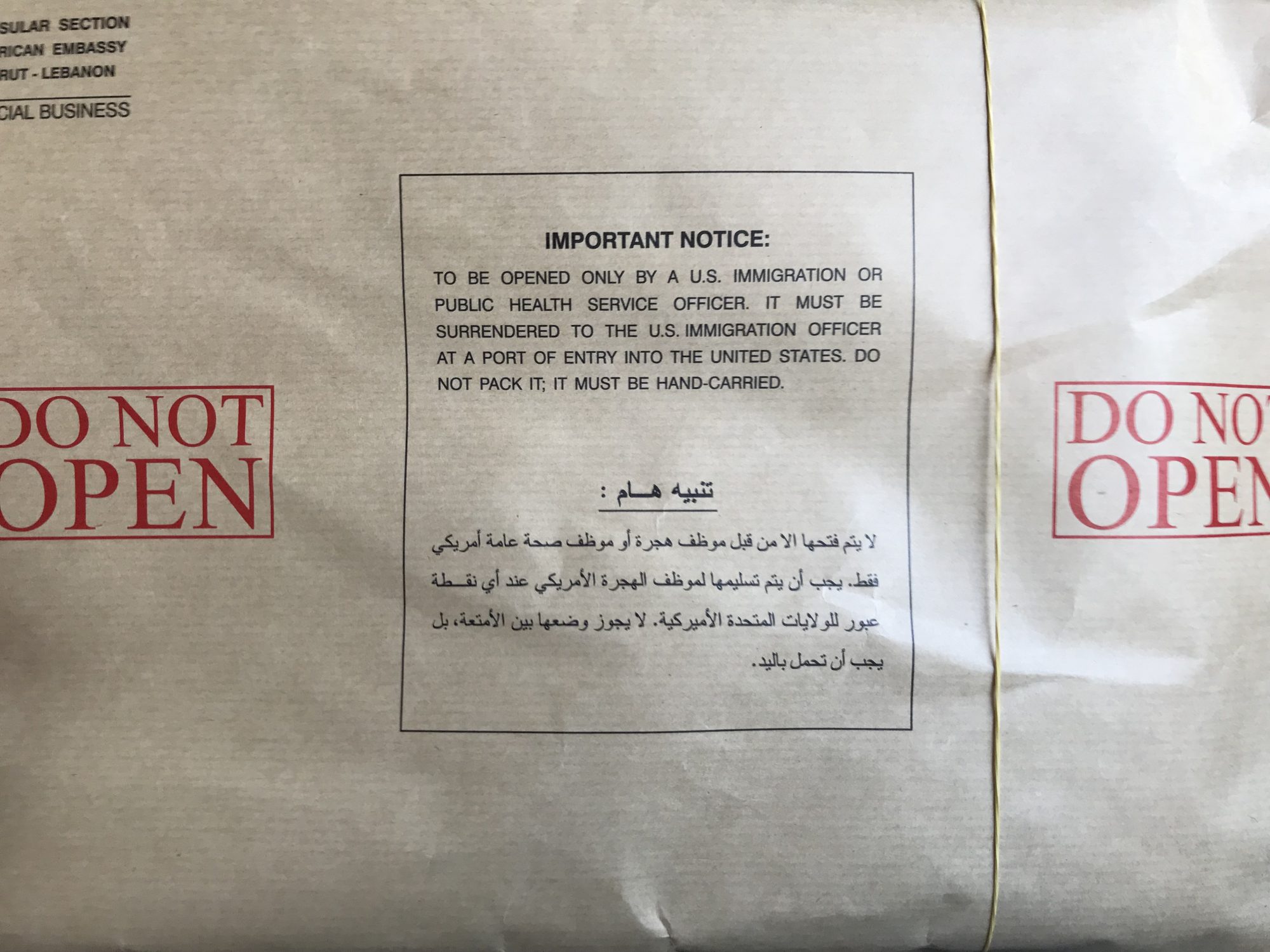Part 1: Beginning
“Poiesis is understood traditionally as an activity of formation, in which the artist gives shape to matter in accordance with his or her idea. The specifically aesthetic quality of a work is seen as consisting in its form; perfection of form leads to the experience of beauty. The philosophy of art from Aristotle to Kant is based on this understanding. This perspective itself stems, ultimately, from a tradition of reflection in which the intellect is regarded as the primary mode of human existence …
In modern aesthetics, especially in the classic work of Kant, the predominance of form is coupled with an emphasis on the experience of the audience or spectator…Aesthetics becomes a science of the experience of beauty, rather than an understanding of the work of the artist. Poiesis itself tends to fade into the background, as the arts are understood in terms of aesthetic experience …
From the standpoint of a phenomenology of art-making, however, form is not experienced as primary in the making of the work, although it may appear to be so from the perspective which looks upon the finished product. Artistic form emerges out of a chaos which seeks its own shape. The role of the artist or poet is not to impose a pre-existing form upon senseless matter but to allow the material to find its own sense. What is primary is what is given, a chaos of meanings which demands assistance in order to come-into-form. The poet is thus the mediator or facilitator who lends a hand to the process of formation, not the demiurge who creates ex nihilo.”
(The Philosophy of Expressive Arts Therapy: #Poiesis as a Response to the World)
Part 2: Middle
“The work comes to me; I do not make it through a willful imposition of my idea upon the world. Certainly I may have an intention when I begin; but unless I am willing to let go of my initial idea, I cannot be open to what will arrive. Often, in fact, the work comes as a surprise; what I find is radically different from that which I sought.
Of course, the work needs me to be born; I am not superfluous. My skills in the medium are necessary for the work to arrive. Moreover, the work comes always to me; it is not indifferent to my particular experience of life. However, it does not belong to me; I do not own it as my property. Rather, the work comes as a gift which I have the obligation to repay; I can give it away only if I have received it.”
(The Philosophy of Expressive Arts Therapy: Poiesis as a Response to the World)
Poiesis means making, and for months now, I’ve been thankful for having this space to “make”—to make meaning, to make connections, to make a sense of self. Throughout, I’ve been led by the lure of ecstasies, those moments of standing outside myself that help me find my self, which is, in the final analysis, my ulterior motive for the whole thing. And in those terms, there has been relative success.
Knowing me, I’d probably need twenty more weeks, at the very least, to let it really sink in, but I now feel like I can write again. That’s an odd thing to say for someone who writes all the time and gets paid for it too, but that’s not the same thing, as, I guess, the writers among you can relate. Writing is making and making has been a big part of my identity for as long as I can remember; losing my confidence and grip on that deeply-engrained desire and primal faculty, somewhere along the way, left me feeling debilitated and—I’m searching for the word and I keep coming back to this one, for some reason—debilitated and “unreal.”
I’ve been grateful for the conversations that this odd little project sparked. I needed the ecstasy of writing about you and you and you and you to find this “I” that anchors it all, to have anything meaningful to say.
In one of these conversations, I told you that I couldn’t really imagine writing in gratitude of “me.” And now, even this tiny fragment gesturing at the thought feels awkward and stupid, every word sweating under the glare of the stage lights. But when I squint, I see your faces, and l feel safer up here at the podium, and I’m truly grateful that you came to see me.
Poiesis means making and I couldn’t have made it on my own.
Part 3: End
“Poiesis happens not in accordance with intellect and will but through the experience of surrender to a process which I can neither understand nor control in advance. Once the work arrives, then I need to exercise my knowledge and capacity in helping it to find its appropriate shape. Critical revision demands consciousness and will. But for something to come in the first place, I must abandon any critical intention and become open or receptive to what is coming. Poiesis requires a “letting-be” in order to take place …
An element of resistance usually arrives at this point; the fear of letting go of control stands in the way of immersion in the process. A paradoxical will-to-not-will is thus necessary in order to overcome the initial resistance. Metaphorically speaking, one could say that giving up control is like dying; it is a kind of ego-death. The artist must willingly undergo the experience of chaotic fragmentation in order to find a new form.”
(The Philosophy of Expressive Arts Therapy: Poiesis as a Response to the World)
LEFT TO RIGHT: 1. @hana.m.cooper, April 23, 2020, Seattle, WA; 2. @suzieselman, April 24, 2020, Berlin, Germany; 3. @postrocking, May 10, 2020, Almería, Spain; 4. @itsthenux, March 8, 2020, Sen Saloum, Sénégal; 5. @korimar, May 10, 2020, Seattle, WA; 6. @rbinbetween, February 23, 2014, Dhour Shweir, Lebanon; 7. @heure_bleue__, April 18, 2020, Versailles, France.
